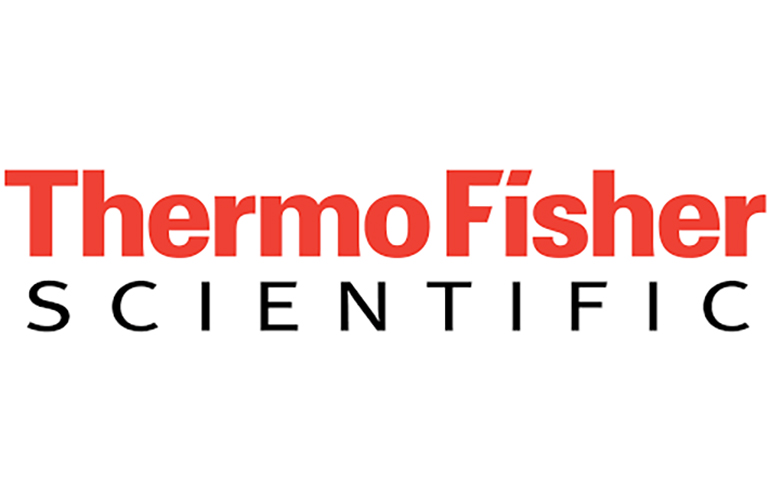Rapid Vaccine Manufacturing for Clinical Trials – Insights from the Malaria Field
DATE
July 26, 2022
TIME
8:00 a.m. PDT, 11:00 a.m. EDT, 16:00 BST, 17:00 CEST
Duration: 60 Minutes
Overview
It remains challenging to predict the clinical efficacy of novel immunotherapies from in vitro data and animal models, especially when evaluating vaccines against Plasmodium falciparum, the parasite which causes the most dangerous type of malaria.
Groups at the University of Oxford led by Simon Draper and Sumi Biswas are developing soluble protein and nanoparticle vaccines against the blood stage and mosquito stage of malaria respectively. To expedite the long timelines associated with GMP manufacture in preparation for clinical trials, we are applying a standard purification process for all the candidate vaccines. The process employs affinity chromatography, enabled by the addition of a 4 amino-acid ‘C-tag’ to the terminus of each vaccine. It can be rapidly adapted to new vaccine candidates, enabling efficient translation into clinical trials.
In this webinar we will cover the following main areas:
- Challenges associated with developing an effective vaccine against malaria, and current status of the field
- Nanoparticle and soluble protein vaccine candidates developed by the University of Oxford, focusing on the GMP manufacture and clinical testing of RH5.1
- Overview of C-tag technology for straightforward purification of proteins and particles
- Thermo Scientific™ CaptureSelect™ affinity chromatography technology and resin development for cGMP manufacturing of biomolecules
Who Should Attend:
- Scientists in academia, biotech and the pharmaceutical industry looking for a quick and easy method of protein purification, either for research purposes or GMP manufacture for early phase clinical trials.
Brought to you by:

Speakers
 Rebecca Ashfield, Ph.D.
Rebecca Ashfield, Ph.D.CSO,
Ducentis Biotherapeutics Ltd
 Pim Hermans
Pim HermansHead of Ligand Discovery, BioProduction Group
Thermo Fisher Scientific
 Nina Notman, Ph.D.
Nina Notman, Ph.D.Contributing Editor,
C&EN Media Group
Registration
I can withdraw my consent and unsubscribe at any time by e-mailing reply@thermofisher.com
By submitting my data, I give consent to the collection, processing and use of my personal data in accordance with the Thermo Fisher Scientific Privacy Policy (thermofisher.com/privacypolicy).
*By submitting this form, you agree to receive more information on related products and services from the American Chemical Society (ACS Publications) and its sponsor via email. ACS takes your privacy seriously. For more information, please see the ACS Privacy Policy.
© 2025 American Chemical Society, 1155 16th St NW, Washington, DC 20036, USA. View our Privacy Policy
